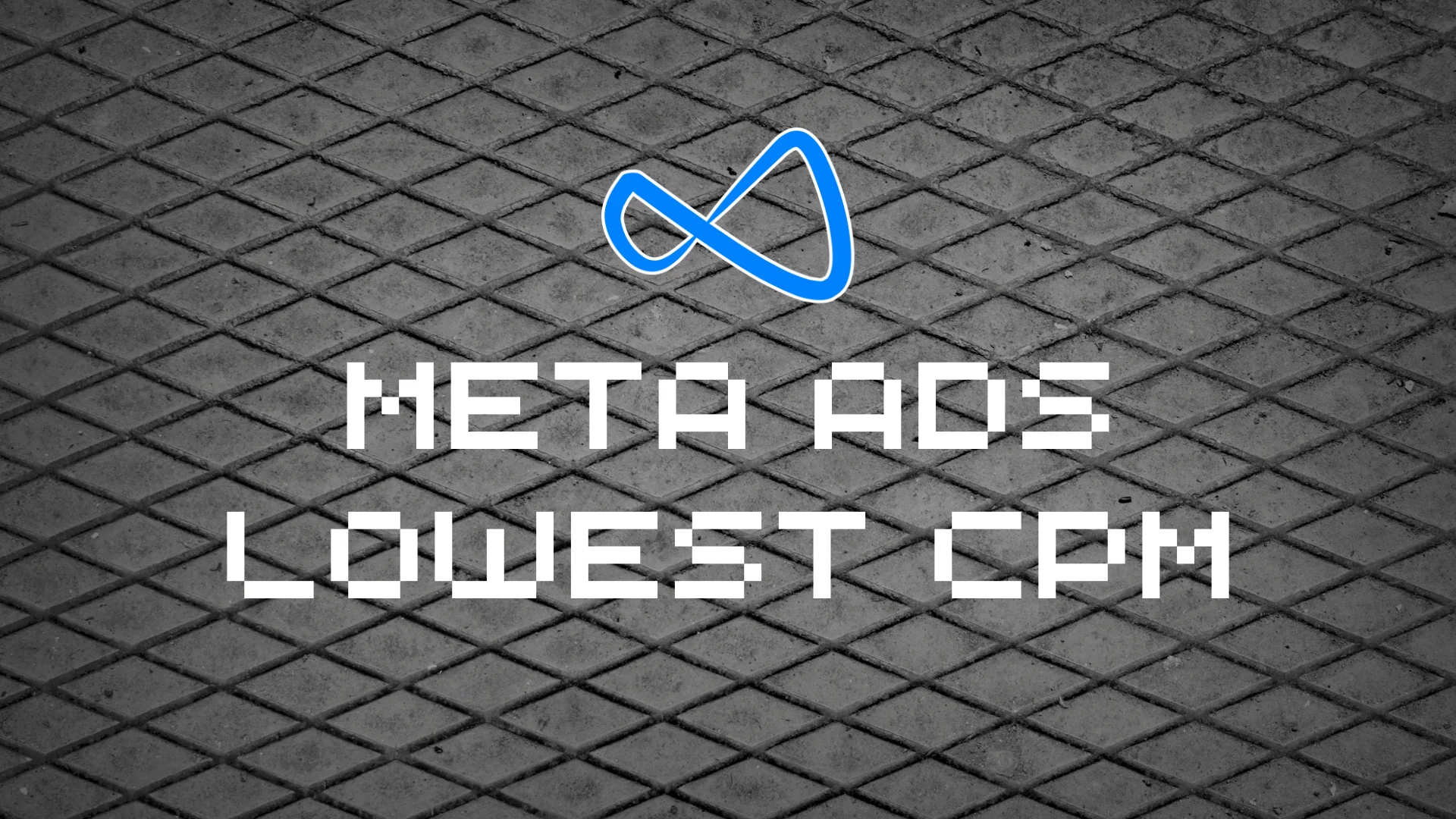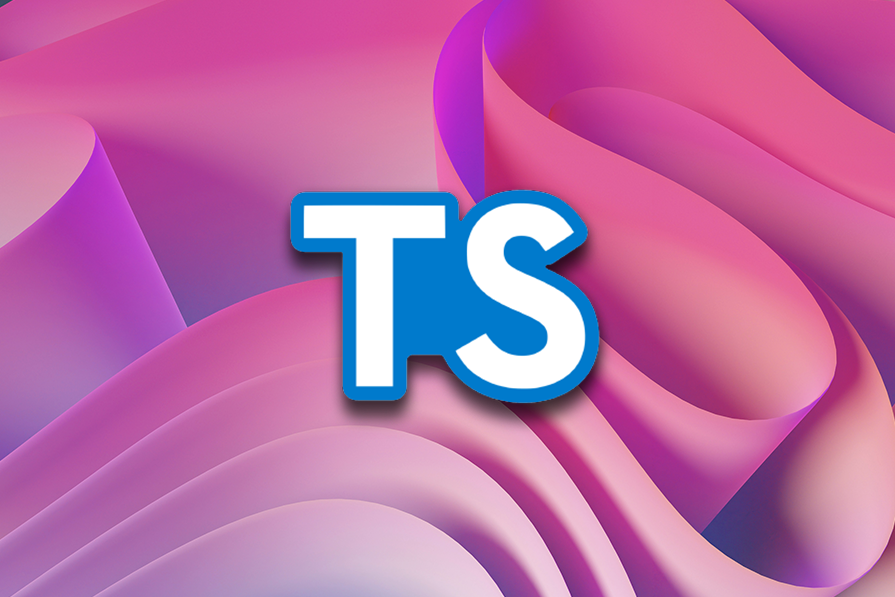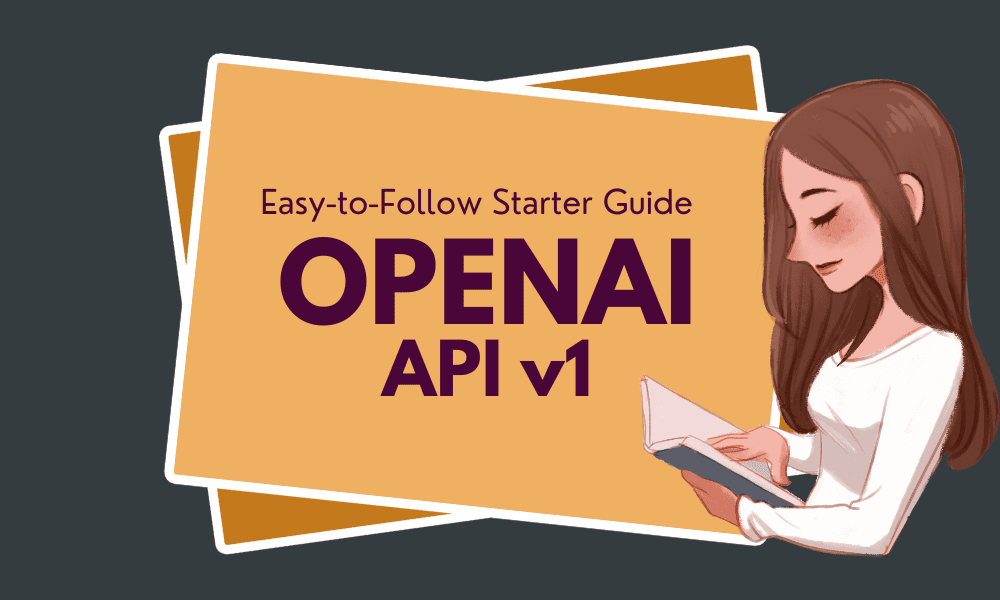Most likely, everyone immediately agrees that reaching more people is beneficial for your business. This is especially true in the EdTech landscape. However, it’s important to manage your budget effectively and avoid spending it on unrelated individuals who have no interest in EdTech. That’s where digital marketing comes in. Compared to traditional marketing methods, digital marketing for EdTech is much more efficient in targeting the right audience and converting them into clients.
Your target market is already online and spends a lot of time on the internet. Whether you offer a wide range of courses like Coursera and Udemy, or specialize in a specific niche like language learning, it’s crucial for people to know that you are up-to-date with digital trends. This includes using microlearning with short and focused lessons that fit into busy schedules. Additionally, community-building features such as forums and group projects are becoming increasingly important in EdTech. Utilizing social media wisely is essential for engaging with your audience and building trust in your brand.
Artificial intelligence (AI) is another key player in both digital marketing and EdTech. Leveraging AI can enhance personalized learning and adaptive assessments, making education more engaging and relatable while reducing costs.
Now that you have an overview of digital marketing for EdTech, let’s dive into the key takeaways step by step.
1. SEO Optimization and Solid Digital Presence
To stand out in a sea of information, high-quality search engine optimization (SEO) is essential. Creating sitemaps for easy navigation helps users and search engines find their way around your website. Implementing a relevant keyword strategy, including medium-tail and long-tail keywords, helps target specific queries. Technical SEO aspects like page loading times, mobile-friendliness, structured data, and SEO-friendly URLs are vital for improving search rankings and user experience.
2. User-Friendly Pages
Designing user-friendly web pages is crucial for platforms focused on education and online learning. Aesthetically pleasing and intuitive layouts, strategic placement of calls to action, and easy access to information are key factors in creating a positive user experience. Canvas is an excellent example of a platform with an intuitive interface that simplifies access to courses and resources.
3. Email Marketing
Crafting an effective email marketing strategy is crucial for building strong connections with learners. Personalizing emails based on the learner’s profile, course interests, and learning style enhances engagement. Empathy and understanding towards learners’ needs can be achieved by incorporating user feedback into your communications. Email automation tools can be used to send targeted emails triggered by specific actions, boosting open and click-through rates.
4. Video Marketing
Video marketing is an essential component of any digital marketing strategy, including EdTech. Creating educational how-to videos and tutorials can attract potential learners and demonstrate your expertise. Sharing student and instructor testimonials can also strengthen your brand’s credibility. Domestika, an online education platform, effectively uses video marketing to showcase their educational and promotional content.
By implementing these strategies and examples, you can effectively market your EdTech business and reach the right audience.
Source link























